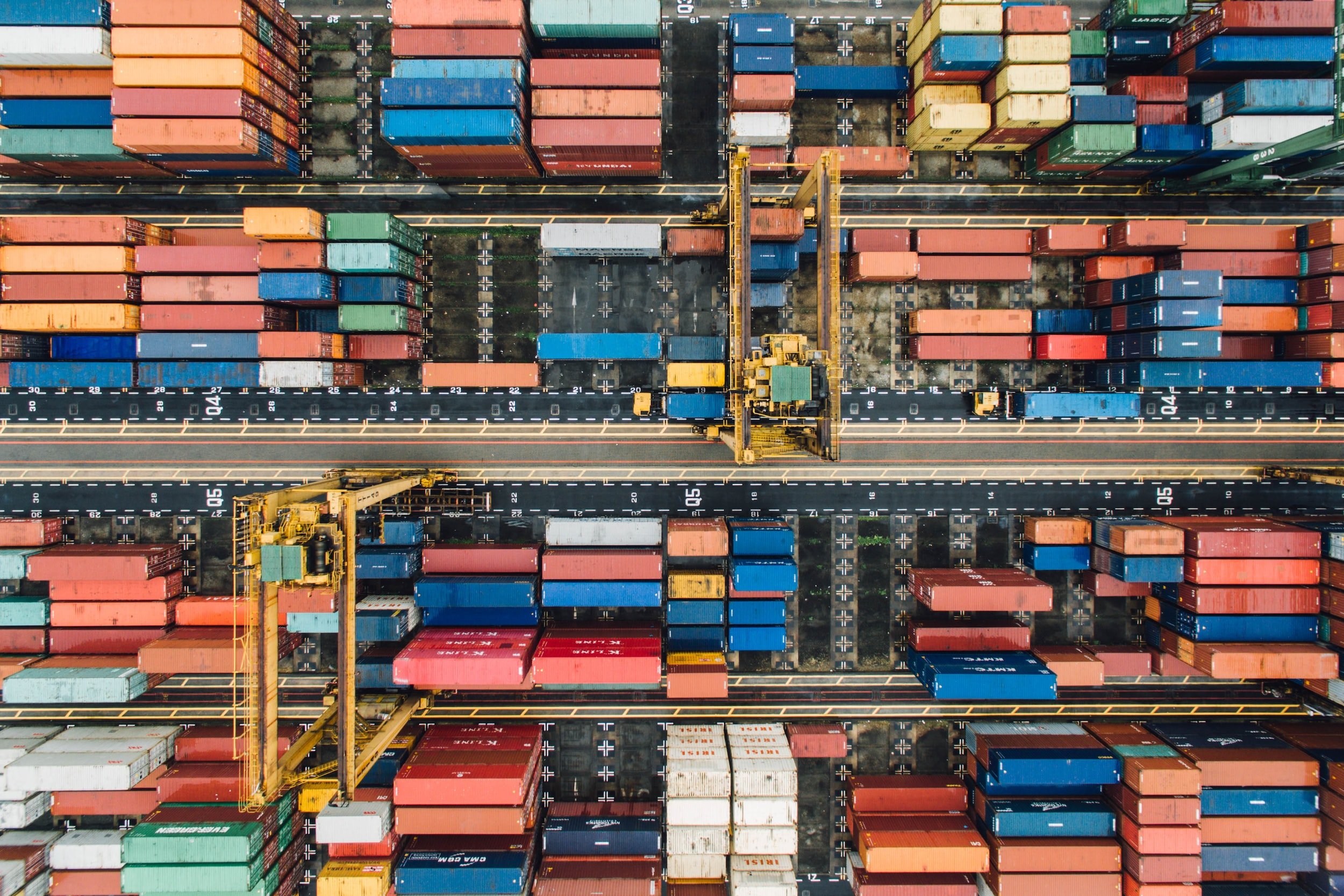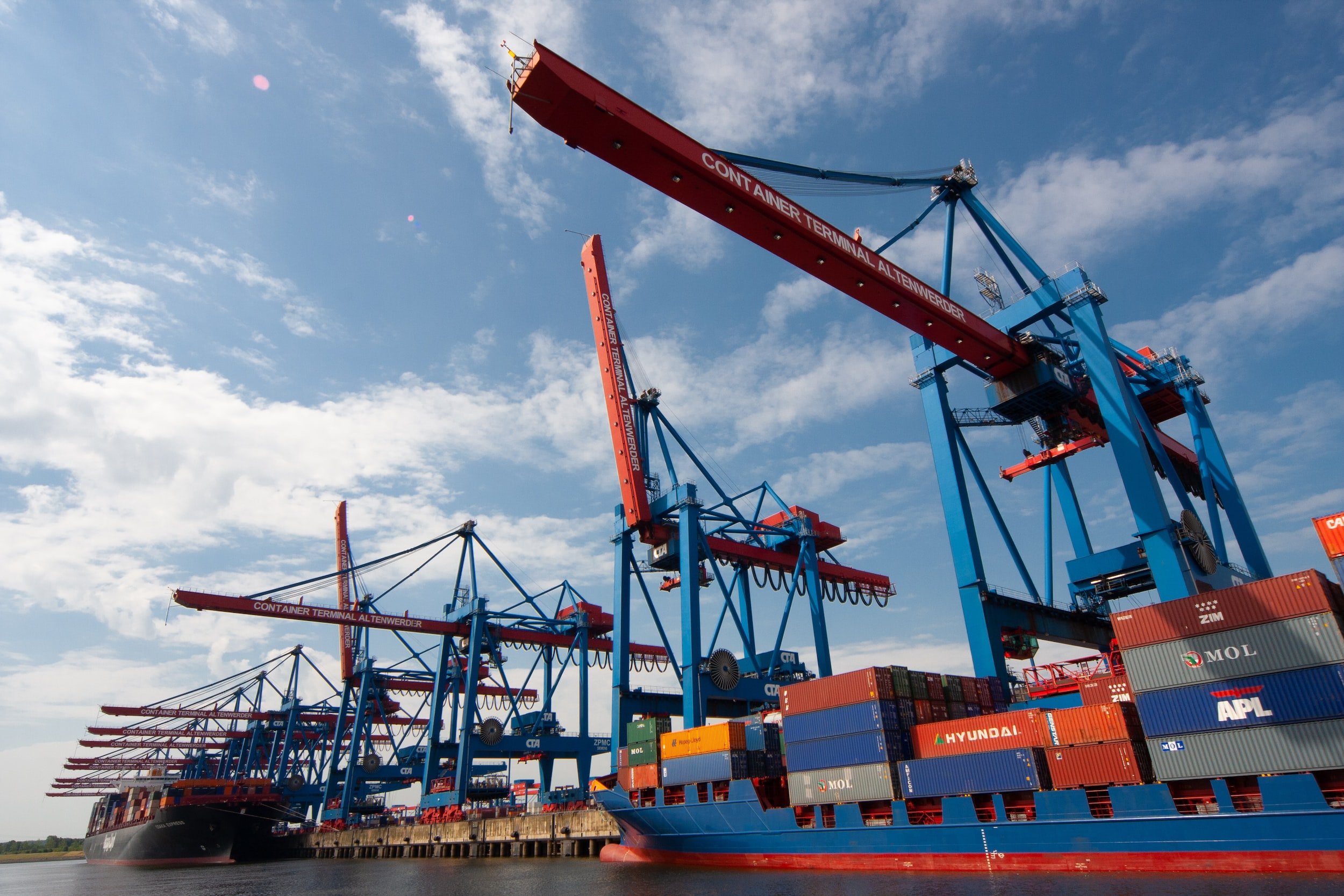
The transportation logistics industry gets goods from Point A to Point B and sometimes that journey crosses through states and countries with complicated detail.
During a long-anticipated visit to the U.S.-Mexico border in Arizona, Kamala Harris made it clear that border security is a top priority for her.
With a potential strike looming at East and Gulf Coast ports on October 1, U.S. companies are taking drastic measures to avoid supply chain chaos.
The Teamsters Canada Rail Conference (TCRC) has issued a 72-hour strike notice to Canadian Pacific Kansas City (CPKC), planning to strike on August 22 if no labor agreement is reached.
The iconic Watergate Hotel in Washington turned into a high-security zone for Israeli Prime Minister Benjamin Netanyahu’s visit, but it didn’t stop protesters from causing a stir.
Argentina is gearing up to connect its Vaca Muerta shale play with the Punta Colorada port through a new pipeline, enabling supertankers to load crude oil.
Shipping a 40-foot container from Shanghai to New York now costs nearly $10,000, causing frustration among importers and talk of a market bubble.
Wildfires in northern Alberta are causing some oil sands operations to take precautions.
Reports of a potential ceasefire between Israel and Hamas have shaken the shipping industry, leading to a drop in container futures indices.
A recent judicial move in Milan has put a spotlight on some serious ethical issues in the luxury fashion industry.
In recent times, the demand for ships has skyrocketed, pushing charter rates to unprecedented levels.
Elon Musk has recently spoken out against US government tariffs on Chinese electric vehicles, calling them “not good” and market-distorting.
One of America's least populous states, North Dakota, is becoming a surprising hotspot for young adults.
A skit on "Saturday Night Live" recently spoofed fast fashion brands Shein and Temu, highlighting the industry's dark side.
A perfect storm in global trade is causing a major shipping container shortage, leading to unexpected spikes in ocean freight rates.
The U.S. is making solid progress towards establishing a domestic supply chain for rare earth elements by 2027, crucial for defense needs.
On Friday, trucks carrying humanitarian aid began delivering much-needed supplies to Gaza using a temporary pier built by the U.S.
The Republican-led U.S. House of Representatives passed the Israel Security Assistance Support Act on Thursday, pushing President Biden to send weapons to Israel more quickly.
Panama's President-elect Jose Raul Mulino has announced his first cabinet selections, emphasizing a pro-business approach.
A top cybersecurity firm, ESET, has uncovered Chinese hacking attempts in the European cargo shipping industry, marking the latest instance of China-aligned groups infiltrating Western economic infrastructure.
The UK's economy experienced its strongest growth in almost three years, with a 0.6% expansion in the first quarter of 2024, according to the Office for National Statistics.
Panama's incoming president, Jose Raul Mulino, intends to tackle the challenges facing the Panama Canal, which is grappling with an unprecedented drought.
Commerce Secretary Gina Raimondo emphasized that a potential Chinese invasion of Taiwan and the takeover of chip manufacturer TSMC would be catastrophic for the U.S. economy.
South Korea has welcomed the U.S. decision to extend electric vehicle tax credits for cars containing Chinese graphite until 2026.
In a recent column in Supply Chain Management Review, a story surfaced about how a LAN transformer led to thousands of Audi, Bentley, and Porsche vehicles being stuck at U.S. ports, potentially breaching the U.S. Uyghur Forced Labor Prevention Act.
In a bid to further pressure Russia over its war in Ukraine, the U.S. Senate has unanimously passed a bill to prohibit Russian uranium imports.
The City of Baltimore is holding the owner and manager of the cargo ship responsible for the tragic collapse of the Francis Scott Key Bridge last month.
President Joe Biden is advocating for a significant increase in tariffs on Chinese steel and aluminum imports, proposing to triple the current rates.
In March, the freight sector didn't quite hit the usual spring upswing, with the Cass Freight Index reporting that both shipments and expenditures mostly mirrored February's figures, falling short of typical seasonal patterns.
After a challenging six months marked by the driest October in 73 years, the Panama Canal is finally seeing a turnaround.































Medical experts are warning that a prolonged strike at ports along the East and Gulf coasts could disrupt the supply of life-saving medications.